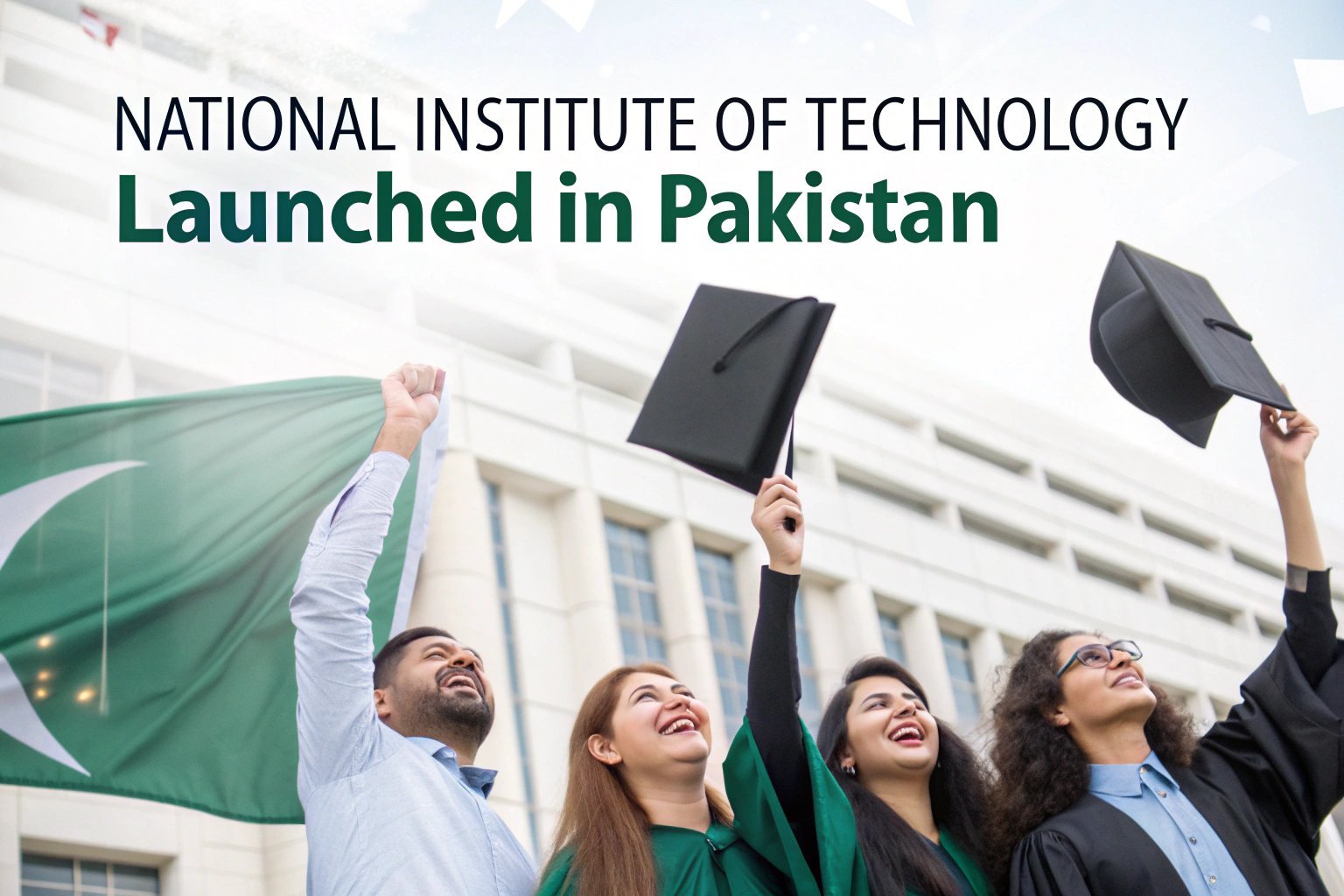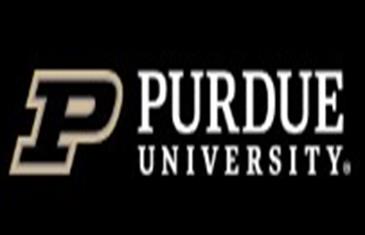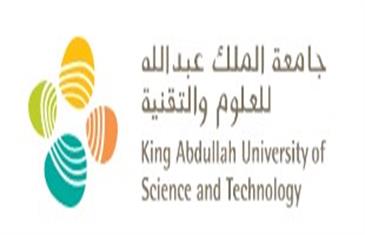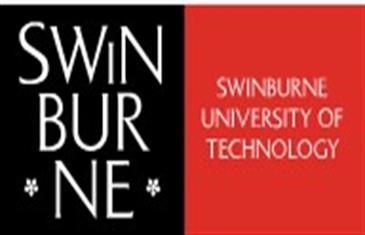National Institute of Technology Launched in Pakistan
August 01, 2025 • 1430 Views

Study abroad expert advice
Don't waste time! just fill the form to get help.
In a historic move for Pakistan’s education sector, the National Institute of Technology (NIT) has officially been launched in Lahore through a strategic academic partnership with the globally renowned Arizona State University (ASU). This groundbreaking collaboration positions NIT as Pakistan’s first American-style university, offering internationally aligned education with innovative teaching methods, real-world application, and global career opportunities.
A Global Academic Alliance with ASU
The partnership agreement was signed in April 2025 at ASU’s main campus in Tempe, Arizona. Under the ASU-Cintana Alliance, NIT will adopt ASU’s modern curriculum, digital learning systems, and faculty development programs—ensuring Pakistani students receive education that meets top global standards.
ASU has been ranked the #1 most innovative university in the United States for ten consecutive years (2016–2025), and this partnership is expected to elevate Pakistan’s higher education to new heights.
Launch Timeline and Campus Facilities
- Federal Charter Issued: January 2025
- Official Launch: October 2025
- Campus Location: Near DHA Phase 7, Lahore
- Admissions Open: May 2025 onwards
The Lahore campus will feature state-of-the-art facilities, including modern classrooms, tech-enabled labs, innovation centers, auditoriums, incubators, and sports grounds. The university also commits to reserving 30% of its seats for deserving students from underprivileged backgrounds through a need-based financial aid system.
Academic Programs Offered at NIT
At launch, NIT will offer degree programs through two main schools:
School of Management Sciences
- BBA in International Business
- BS in Finance
- BS in Business Administration
- BS in Marketing
School of Data Sciences & Information Technology
- BS in Computer Science
- BS in Software Development
- BS in Data Science & Analytics
All academic programs are fully aligned with ASU’s course content and evaluation systems, providing students with globally recognized education while staying in Pakistan.
Dual-Degree Pathways with U.S. University
NIT has two dual-degree programs that let students get a degree here and one from the U.S. 3+1 Dual-Degree Bachelor’s Program
Complete 3 years at NIT and 1 year at ASU (on-campus or online). Graduate with a degree from both NIT and Arizona State University.
4+1 Bachelor’s + Master’s Program
Students have the option to pursue a master's degree through a four-year program at NIT, finishing their final year of study at ASU. This track allows access to Optional Practical Training (OPT) in the U.S. for up to 3 years.
Innovation, Industry, and Global Employability
NIT’s mission is to equip Pakistani students with practical, industry-aligned education in emerging fields such as:
- Artificial Intelligence (AI)
- Data Science
- Financial Technology (FinTech)
- Global Business Management
- Software Engineering
By aligning its curriculum with ASU’s industry-driven approach, NIT aims to prepare students for high-demand careers in both local and international markets.
Voices of Support from Government and Academia
Federal Education Minister Khalid Maqbool Siddiqui praised the initiative as a major step toward building a Digital Pakistan and bridging the gap between local education and global standards.
Ahad Cheema, Federal Minister of Economic Affairs, also welcomed the collaboration, highlighting the opportunity it offers for Pakistani youth to compete globally while accessing world-class education at home.
The university is led by Vice Chancellor Dr. Faisal Bari, a distinguished economist and education reformist, alongside co-founders Shahzeb Awan and Jahanzeb Burana, who envisioned bringing American-quality education to Pakistan.
Final Thoughts
The establishment of the National Institute of Technology in Lahore, with support from Arizona State University, marks a major change in Pakistan's academic development. This initiative is not just about a new university—it’s about raising the bar for higher education, empowering youth with international credentials, and ensuring future generations have the tools to thrive in a competitive, globalized world.


 Scholarships 2026 – Fully Funded Oxford Degrees (68).jpg)
 Scholarships 2026 – Fully Funded Oxford Degrees (61).jpg)
 Scholarships 2026 – Fully Funded Oxford Degrees (60).jpg)
 Scholarships 2026 – Fully Funded Oxford Degrees (59).jpg)
 Scholarships 2026 – Fully Funded Oxford Degrees (58).jpg)
 Scholarships 2026 – Fully Funded Oxford Degrees (56).jpg)
 Scholarships 2026 – Fully Funded Oxford Degrees (43).jpg)
 Scholarships 2026 – Fully Funded Oxford Degrees (41).jpg)

.png)



